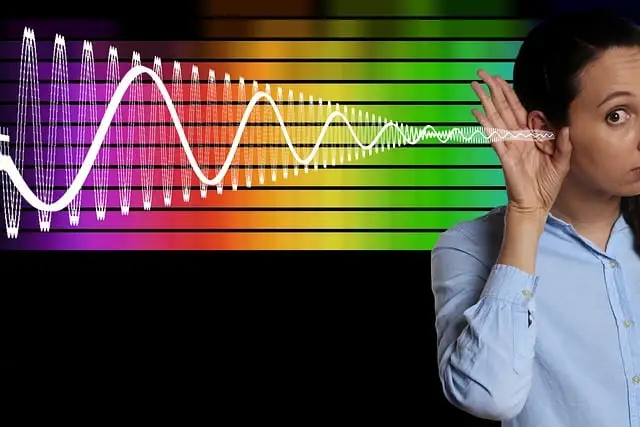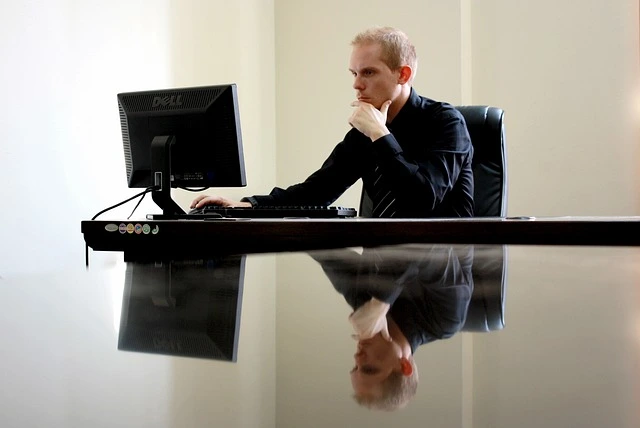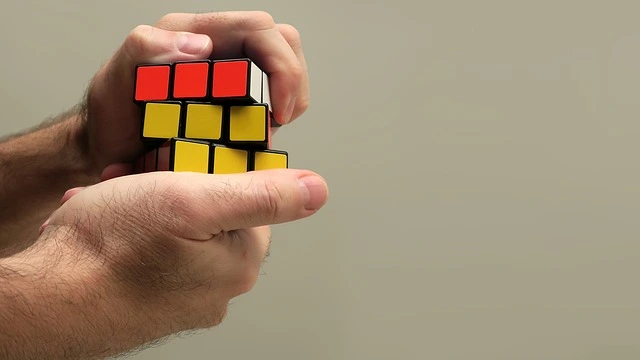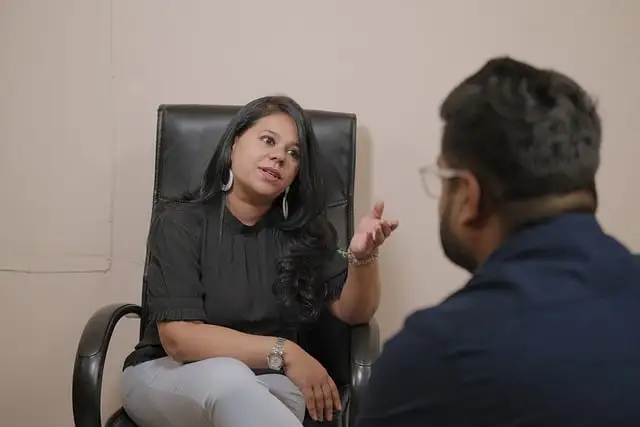Signs that your critical thinking is on point

Critical thinking is an essential skill that helps you act, not just dream. But we’re not talking about being cynical or picking on everything—we’re talking about the ability to evaluate information objectively, make informed judgments, and solve problems effectively.
Obviously, improving our ability to think critically will require some work on ourselves. As lifelong learners, we can use this opportunity for self-reflection to identify where we can improve our thought processes.
There are a few ways to see if you have this helpful skill. Check out our list. If you think most of the items are definitely about you, then there’s no doubt that your critical thinking is top-notch.
10 Signs your critical thinking is on point
1. You don’t believe everything you hear

One of the hallmarks of people with developed critical thinking is the ability to form their own opinions and stick to them rather than simply adopting what is popular or easy. Of course, we are all influenced by the people we interact with.
However, a critical thinker will not take any information he receives at face value and believe rumors. He will ask questions, double-check facts, and analyze them before concluding.
2. You see multiple sides to a problem
Another sign that your critical thinking is at its best is your ability to accept others’ points of view and see more than one side of an issue.
Even if you disagree with what you hear, you try to understand the other person or get a better understanding of the topic rather than just insisting on your own or jumping to conclusions.
Here’s an example of how this works. You and a friend are discussing a sensitive political topic, and you have opposing opinions. But you do not rush to defend your point of view and convince your friend that he is wrong – you listen to his words and study his reasoning and conclusions. You don’t change your position, but you better understand what makes your mate adhere to certain beliefs.
3. You’re curious

Curiosity is one of the most important characteristics of critical thinking. It is also the ‘default function’ for a critical thinker. He asks questions, seeks answers, and is never satisfied with superficial information.
Because of your developed critical thinking, you’re probably constantly seeking new things, don’t get hung up on the same topics, and are willing to spend hours gathering knowledge and trying to gain a deeper understanding of how the world works.
4. You’re an open person
An open mind goes hand in hand with critical thinking. You are receptive to new ideas, even if they challenge your existing beliefs. Critical thinkers, when learning new information, will never instantly reject or accept it.
They will consider it from different perspectives, highlight the pros and cons, and only then form a judgment. This is the key to their open-mindedness and objectivity, as well as their ability to adapt their views if the evidence and arguments have been convincing.
5. You genuinely love learning

Critical thinking is not a guarantee that you are always right and that you can consider yourself a person who understands everything. You realize that learning is a continuous process with no end result.
You also don’t hesitate to admit that you may not know or be able to do something. You particularly enjoy learning new things and growing as a person. You love exploring, learning, asking questions, and making little discoveries.
6. You handle ambiguity with ease
Life isn’t always black and white, and people with critical thinking skills are well aware of this. You’re comfortable navigating grey areas, dealing with ambiguity, and making decisions even when the situation seems ambiguous.
Uncertainty doesn’t paralyze you or cause you to step back, nor do unexpected changes. You constantly evaluate your options and make decisions based on the information available instead of doing impulsive things or refusing to do something.
7. You know how to cope

Critical thinkers excel at problem-solving. They don’t shy away from challenges but see them as opportunities to learn and grow.
Whether it’s a complex puzzle, a work project, or a personal problem, you use your analytical skills to find solutions. You understand the situation, consider different approaches, and assess risks and potential outcomes.
8. You value other people’s opinions
You like to listen to different opinions, as it helps you learn something new and learn from other people’s mistakes. You are unlikely to be angered or embarrassed by someone who says they disagree with your viewpoint.
You are good at going beyond your own beliefs because you see it as an opportunity for a deeper understanding of others and growth.
You enjoy thoughtful rather than superficial discussions, you actively listen to others, and you are willing to admit that you might be wrong on some points. This makes you an interesting person to talk to and be friends with.
9. cognitive distortions
There are many cognitive distortions, but there is no person who is not subject to at least one of them. Critical thinking helps us recognize and work on our own biases.
Whether it’s confirmation bias, which makes us tend to favor information we already know, or the halo effect, where an impression of someone influences our feelings about their other qualities. With effort, you can figure out where cognitive distortions come from and how to defeat them.
10. Ability to make inferences

Another sign of critical thinking is the ability to make inferences, which are logical conclusions based on analyzing available facts, events, and ideas.
Analyzing available information and observing patterns and trends will help you find connections and make informed decisions based on what might happen.
The ability to distinguish between assumptions and inferences is critical to critical thinking. We decide something is true based on inferences because the other is also true, but we decide something based on assumptions because we believe or think we know.




